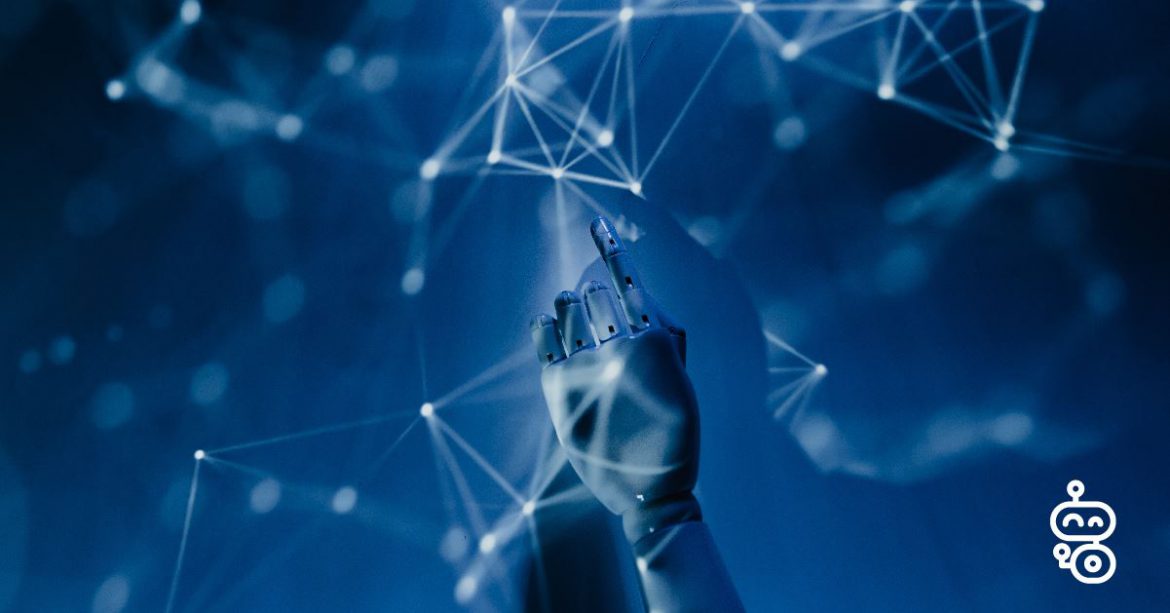How Will Technology Replace Marketing Functions In 2020?
Marketing has evolved significantly in the recent decades – from door to door sales, cold calling, electronic direct mail (EDM) to the generation of artificial intelligence (AI).
It is quite surprising that we still receive telemarketing calls today. With a very low conversion rate (less than 10%), this marketing tactic definitely needs to be improved upon if not abandoned. It is not surprising that Hubspot informs us that telemarketer is on the top of the list of occupations that will be replaced by AI.
Here are some of our predictions on technology that will be used in replacing traditional marketing functions in 2020.
Automation: Chatbots
Do you still remember the first automation message you received?
I do. I thought it was from a customer service staff member, until I talked too much in the chat box and it started having trouble understanding me. Although it could not interact like a human, it did deliver all the information I needed. And that’s the main point, isn’t it?
Many have predicted the rise of automated software in businesses due to cost and efficiency.
Forbes predicted in 2020, over one million “knowledge-work” jobs will be replaced by automated software. Forrester also foresaw that 3.9% cubicle jobs will be replaced by automation.
Automation has a myriad of benefits including low cost, consistent quality, efficiency, and time saving. Among many of the automation software, chatbots are believed to be the most popular to benefit of labour cost saving.
In 2016, Business Insider claimed that 80% of businesses planned to use chatbots by 2020. It is also estimated that a sum of $23 billion has been saved from replacing customer management and sales position with automation.
24hr chatbots can be thought of as customer service agents on a 24hr shift. If that was the case in real life, it would be the most inefficient job, especially for businesses that do not always receive constant calls. However, the emergence of chatbots has made it possible for customers to enquire at any time and get answers immediately. It prevents all the time wasted in waiting for people to respond.
Also, since AI is a robot that is set to answer all questions based on data settings and configurations, there would never be misinformation releasing.
We’ve already seen many businesses using chatbots. In 2020, we predict there will an expansion of automation into other marketing functions as well.
AI: Robotic Marketer
For those who hold a business degree, you probably remember writing a SWOT analysis which takes hours of research for a simple case study. In real-world circumstances, it would take days or even weeks to create an excellent marketing strategy.
What if I told you that it could be done in seconds? Yes, machines can do it too and one of them is called Robotic Marketer.
The emergence of ‘robots’ like Robotic Marketer is revolutionary. Using big data, AI, and machine learning combined, software robotics like Robotic Marketer to create comprehensive marketing strategies complete with SWOT, competitive analyses and insightful recommendations based on data science, is an impressive step towards the future of marketing.
But, are human marketers being replaced completely?
Possible Change In Marketers’ Role
The downside of the promising result of AI and automation is that redundancy is almost inevitable. Although it sounds surreal, this has already happened several times – machines taking over human jobs.
Customer service staff are decreasing, telemarketers are not as popular, and even most flyers have been replaced by electronic direct mail (EDM). There are growing fears that strategic marketers could soon also be replaced by ‘robotic’ marketers, and the role of marketers might be very different from what we see today.
But it is good to remember that trusting AI alone can be risky. AI is a double-edged sword where one side is as sharp as the other. From a business perspective, while it immensely reduces labour cost and time, it can also create potential perils such as overestimating businesses’ risk-mitigation capabilities.
Marketing will require the human touch to truly be successful. Humans not only have the ability be flexible and solve problems with an innovative approach, our creativity, intuition, and relationship (i.e. trust) could also never be replaced or replicated by robots.
While parts of marketing could be replaced by AI inevitably, marketers can shift their focus and strategies like we’ve always done.


